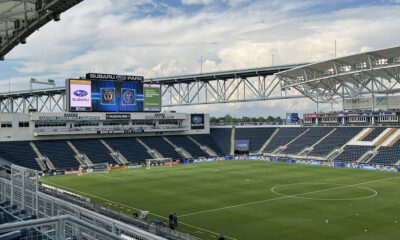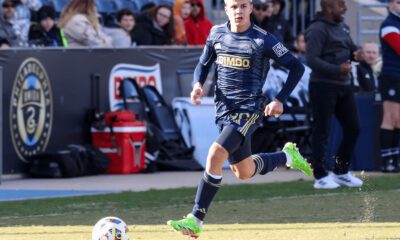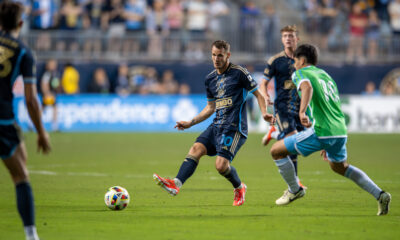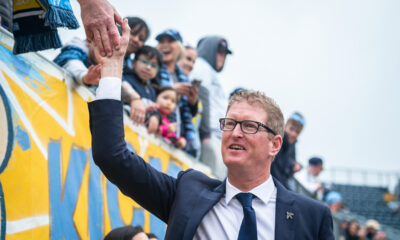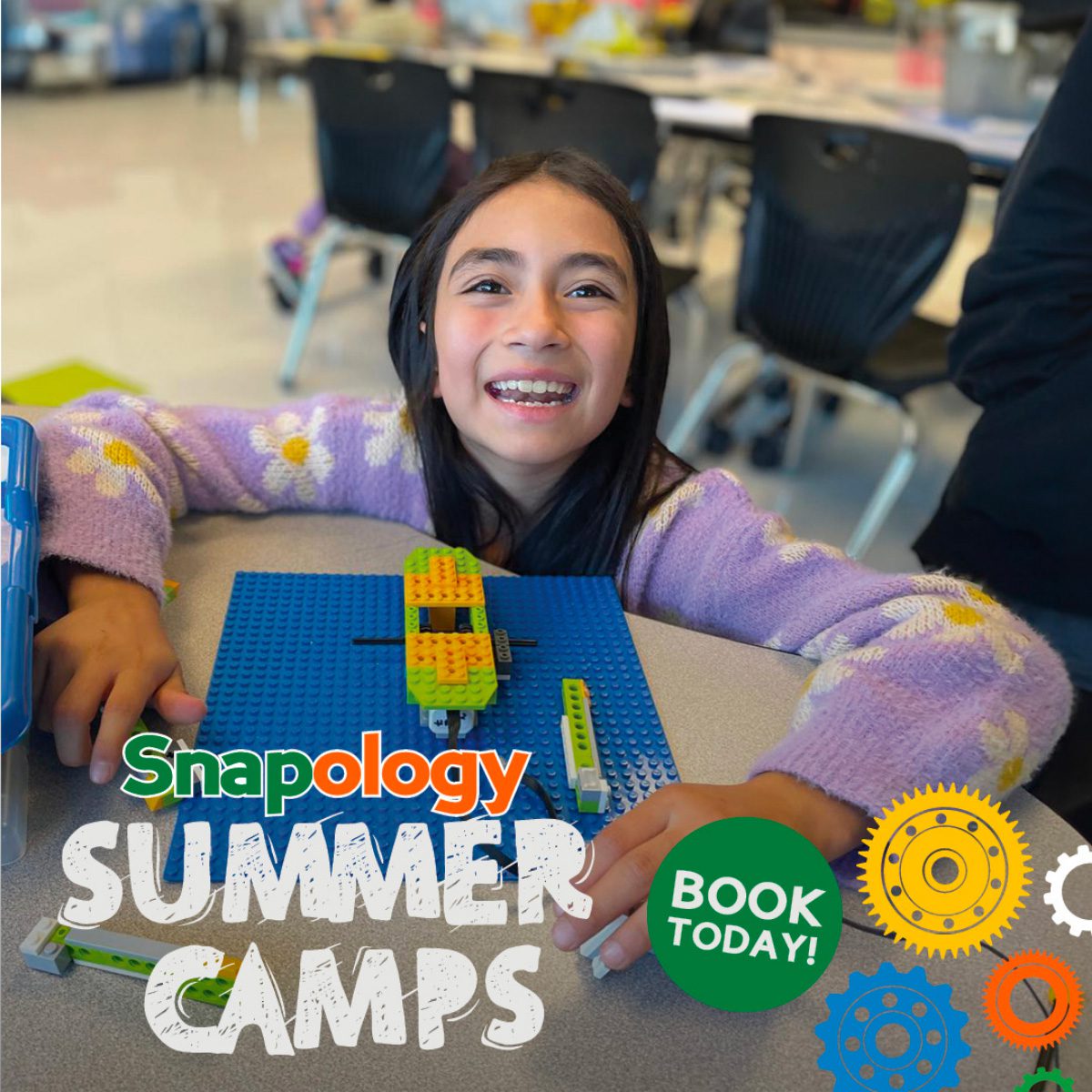Brotherly Game Archive
A Philadelphian in the Music City: Part 1
Part 1 of a series on the Philadelphia Union’s visit to Nashville SC in May for their first ever match at GEODIS Park
My pre-conceived notions of Nashville have been based on the allure of getting stumbling drunk at Tootsie’s or singing show tunes at the Grand Ole Opry, but I’m here for the opening weekend of GEODIS Park, Nashville’s impressive 30,000-seat, two-tiered cathedral, the largest soccer-specific stadium in the United States.
Known as a mecca for country music enthusiasts, Nashville’s near professional sporting glory goes back to the Music City Miracle in 2000, which led to the Titans’ season ending inches from victory as time expired in Super Bowl XXXIV. It continued more recently when the Predators reached the Stanley Cup Finals in 2017 under former Flyers coach Peter Laviolette, losing to Pittsburgh in six games. But It’s quickly emerging as a capital for soccer, sharing the landscape in a city that’s growing by the day in many ways.
In over a decade, Nashville SC has risen from the Tennessee amateur leagues to a few well-taken penalty kicks away from the MLS Eastern Conference Final. So while I’m tempted to partake in the vast off-the-field experiences the city has to offer, my journey is to understand how Nashville became the weekend’s centerpiece of American soccer.
Known as the Athens of the South for its large ratio of universities per square miles, Nashville boasts several Division I soccer programs. My hotel is located on the edge of Vanderbilt University, which cut their men’s soccer program in 2006. The women’s team, however, enjoyed decades of success, going back to the era of Ken McDonald, who coached the Commodores to two SEC regular season and tournament doubles in 1993 and 1994. Ken, a USL All-Star with the PA Stoners in 1981 following a career at Penn State, makes up one-twelfth of the McDonald soccer players (Tommy-Philadelphia Textile, Billy-Penn State), who grew up across the street from me in Warminster and starred at William Tennent (Ryan Richter ’07) before college and pro careers in the late ’70s to early ’80s.
Last season, Ambler’s Maddie Elwell finished her career third among the school’s all-time assist leaders, and the Washington Spirit took her in this spring’s NWSL Draft. Vanderbilt made the NCAAs from 2017-2020, reaching the second round twice. In addition to Vanderbilt, Lipscomb and Belmont (Senior Liam O’Brien-YSC Academy) offer both men’s and women’s soccer.
After arriving late Friday night but still waking to my normal EST rhythms, I walk down West End Avenue toward Centennial Park on a clear, quiet Saturday morning, closer to eighty degrees in the sun, and navigate the littering of electric scooters abandoned on sidewalks, ditched in bushes, sometimes kickstand up, mostly ejected into its final resting place as if the battery had given out mid-ride or its purpose no longer necessary. I pass hundreds all weekend, four to every construction crane throughout the city, including the three assisting the refacing of several campus buildings.
There is no shortage of players for the pick-up games on the carpet-like Bermuda grass in front of the Parthenon, a replica of the original, built during the Centennial celebration in 1897 and renovated in the mid-1900s. A large group of men and several women of various ages, ethnicities, and talents sprint or labor up and down four evenly-spaced cone-lined fields with Pug goals at each end, immersed in one-twos, stepovers, and challenges. Knee wraps, jerseys, no-pinnies, it is all the same.
While dogs play fetch in the grass, pausing to track the chirping birds and foraging squirrels amid the hum of medical helicopters from the city’s major hospitals blocks away, runners from a 5K travel down two tree-lined paths along each side of the park where interspersed monuments represent Nashville’s complex history. A statue honoring fallen Confederate soldiers sits diagonal from another for activists of women’s suffrage while a 30 foot-high obelisk honoring Nashville’s founder James Robertson rises beside a pond filled with roaming geese with a marker that reads “We are the advance guard of civilization. Our way is across the continent.”
Across the street from the park, I visit the campus bookstore, a place rarely visited during my own five years of undergrad, and engage my literary curiosity by browsing aisles of used textbooks to see what the kids are reading these days. To my surprise, not far from Foucault and Frost lay a stack of Franklin Foer’s How Soccer Explains the World, a shelf away from Eduardo Galeano’s Soccer in the Sun and Shadow. My heart beats faster at the notion of soccer reaching the levels of academia, and a brief search leads to GER 2432/CMST 2432 taught by Lutz Koepnick, Professor of German Studies, and John Sloop, Professor of Communication Studies, where students analyze the global influence of the game and even travel abroad to experience soccer’s effect on everyday life. If ever there were a college course to rouse me up at 8 a.m., this would be it.
Sloop writes a thought-provoking column for Broadway Sports in which he discusses the intersections of media, culture, tactics, and fandom. After Nashville’s playoff loss to the Philadelphia Union last November, he reflected on the personal conflict of lecturing students on separating emotions while thinking analytically about the game despite wallowing in his own grief. Among Sloop’s many topics is the sense of community that stems from our emotional ties to the game, whether elation or misery, which reminds me of how Union fans last season went from the Glesnes golazo and Blake superheroics to the Covid-ravaged final against NYCFC in a matter of three weeks, sucking me into the abundance of post-game social-media debates, only to withdraw out of concern for letting my emotions run rampant.
“Regardless of how much we disagree with how others are expressing their feelings,” Sloop writes, “regardless of how different or similar they are, the victory or loss encourages a sense of discussion and contact amongst friends, in real life and online. And those interactions, even if they can sometimes not be to our liking are evidently (the data shows!) an overall positive for the mental and psychological well-being of the community as a whole.”
To Sloop’s point, we can agree to disagree over lineups and tactics and referees and MLS and still be grateful for our own soccer community, which has grown by leaps in bounds here as well as in Philly.
I catch up with Sloop the morning of the game and ask about the growth of soccer in Nashville and across the country, beginning with the origins of my new favorite course.
“Lutz and I knew each other,” he says, “he was trying to think about how to increase enrollment in German classes.”
Students at Vanderbilt are required to take an immersive experience, which begins with an area of interest in any subject area and ends with a final project.
“Lutz applied for a grant, and it was accepted. We thought it would be fun if we got to do it. Thought it would be 30 students.”
GER 2432/CMST 2432, open to 100 students with a variety of backgrounds and soccer loyalties, whether it be Premier League, Bundesliga, MLS, or none, has a 200-student waitlist. This past spring break, Sloop and Koepnick took 60 students to London to see stadiums, museums, and bask in soccer culture. The course also featured a unit on MLS with a guest-lecture appearance by Nashville SC’s GM Mike Jacobs, who the week before the Union game extended the contracts of two-time Defender of the Year Walker Zimmerman and MVP finalist Hany Mukhtar until 2025, ensuring Nashville maintains its top talent for at least the next three years.
“The U.S. culture has become more kind to soccer,” Sloop says when asked about what has led to Nashville’s rapid growth. Sloop recalls the genesis of the club, which formed from the ground up in a similar way as the Union and began as the Nashville Metros (PDL) then Nashville FC (NPSL), playing in front of a couple thousand fans at Vanderbilt Stadium and having “a feeling that we were creating something.” Originally owned by a fan group led by Chris Jones, Nashville FC merged with a new ownership group backed by John Ingram and was awarded an MLS franchise in 2017. Nashville SC spent 2018 and 2019 in the USL under current head coach Gary Smith, playing four games against Bethlehem Steel, which had Brenden Aaronson, Drew Skundrich, Olivier Mbaizo, and Matt Real in their lineup. While the planning and construction of GEODIS continued, Nashville hosted a majority of its games at First Tennessee Park, home of the Triple-A baseball team Nashville Sounds, with an occasional foray into Nissan Stadium, where they played in 2020 and 2021. Despite the changes, Nashville always remained close to its roots.
“The owners did a good job of encouraging the fans to think of it as theirs,” Sloop says, “they almost feel put off when the club doesn’t do more for them.”
Sloop also structures his course around the game’s growth at the national level and says we’ve come a long way since Rock-N-Roll Soccer, referencing Ian Plenderleith’s book about the glory days of the NASL. According to Sloop, two changes have influenced American soccer.
“Kids today are raised with soccer,” he says. “Nobody played soccer when I was a kid. Now people are learning rules, thinking tactically. People get it. They understand how exciting and intense a 1-0 game can be. My generation didn’t understand that.”
He’s also pleased that American soccer has moved away from glorified rule changes meant to increase the game’s popularity among non-soccer fans.
The second change, according to Sloop is the way in which newer soccer fans have been brought up with a culture of MLS acceptance.
“Euro snobs still exist, but MLS has been around long enough,” he says. “Most fans’ primary attachment is with an MLS club.”
We share the notion of soccer’s generational change where older fans like ourselves grew up with limited access to European or South American clubs and none whatsoever for American leagues while the younger fans have full exposure.
“In Nashville, this is it. Today, someone is getting a tattoo with an NSC logo, not Liverpool or Chelsea.”
And though we both likely share a few euro snobs among our own friends, hellbent on promotion and relegation and doing away with playoffs, he adds, “People want the game played the same way but are content with American rules. They understand what MLS is and what it isn’t.”
In addition to recent extensions for Zimmerman and Mukhtar, Nashville SC also announced new minority owners ahead of the GEODIS Park opener, adding Titans running back Derrick Henry and actress Reese Witherspoon. When asked if celebrity owners will influence the growth of the game, Sloop says, “I don’t see how it could hurt.”
He compares how figures like Will Ferrell, Matthew McConaughey and Marshawn Lynch have brought positive exposure without taking over the spotlight.
“The difference between now and the old NASL is celebrity owners buying into a team seem more supportive and not just a sign for the team.”
Sloop attended Subaru Park when the Portland Timbers came to town in 2019. After a huge rainstorm forced the fans beneath the stands at halftime, he recalls the joyfulness of the Philly fans singing and having a good time and looks forward to returning someday.
I’m left with something he wrote about the anticipation of the opening weekend and the celebrations of soccer milestones.
“For the week, let’s put aside the concerns about parking. For the week, let’s not discuss if we like the anthem or not. There are an infinite number of items that each of us could get up in arms about, if we want. At least for this week, remember how far soccer in Nashville has come in such a short time. Let’s recognize that, all things considered, the distance between what we wanted and what we now have closed faster than anyone would have dared dream.”



